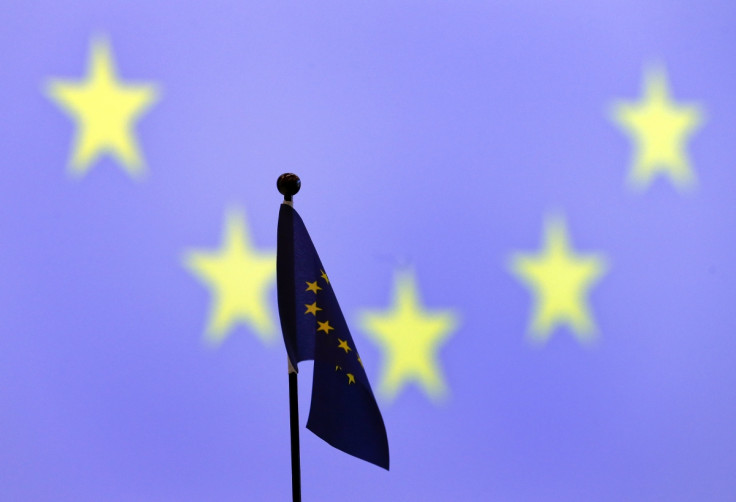EU Edges Closer to Historic Banking Union Deal

European finance ministers are on the verge of closing a historic banking union deal for which a year-end deadline has been set, after progress was made on its funding details.
So far, it has been agreed that banks will be charged a levy of about €55bn (£46.5bn, $76bn) over the next 10 years. This will accumulate into the so-called Single Resolution Fund.
If there is not enough money in the pot, national governments can supply funds, or bolster contributions from the European Stability Mechanism (ESM), which is the eurozone bailout fund.
This what Spain did in 2012 when it had to recapitalise its banks. It received €100bn ($135bn, £83bn) of which was €41bn was to help stabilise the country's troubled financial sector.
A draft statement by euro zone finance ministers said: "In the transitional period, bridge financing will be available either from national sources, backed by bank levies, or from the ESM, in line with agreed procedures."
Germany had opposed sharing the costs of winding down banks in the euro zone. This latest agreement provides an emergency funding borrowing route to the SRF itself.
"A common backstop will be developed during the transition period. Such a backstop will facilitate the borrowings by the SRF. The banking sector will ultimately be liable for repayment by means of levies in all participating Member States, including ex-post," the statement said.
A two-day summit of European leaders, which will take place on 19-20 December, is hoped will provide a setting to cement the deal.
Still needing to be ironed out is the exact protocol on how to wind down failing banks, and who should take this decision.
Germany chancellor, Angela Merkel has been equivocal about the deal's prospects: "We Germans have laid down very clear conditions, but I do see a chance that we can make it. I just don't know for sure yet," she said.
She emphasised the banking union is "a very complicated topic ... very important for the acceptance of the euro on the financial markets".
© Copyright IBTimes 2025. All rights reserved.






















